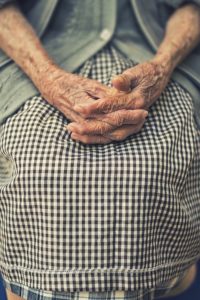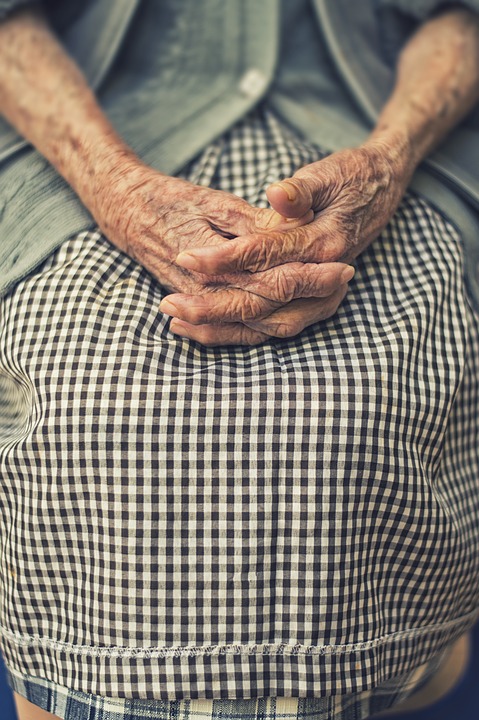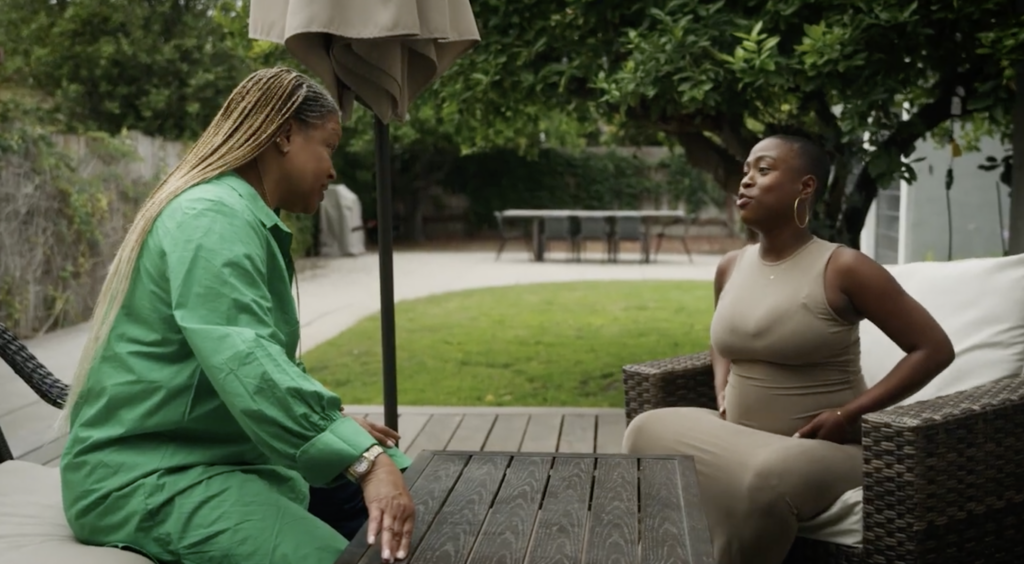 All across the world, most people want to live until a ripe old age. But even though the number of seniors living beyond age 80 is increasing throughout China, a recent study shows that living longer may not be an indication of overall good health. In fact, the study found that these seniors have reduced physical and cognitive function as compared to data from same-aged seniors from a decade ago.
All across the world, most people want to live until a ripe old age. But even though the number of seniors living beyond age 80 is increasing throughout China, a recent study shows that living longer may not be an indication of overall good health. In fact, the study found that these seniors have reduced physical and cognitive function as compared to data from same-aged seniors from a decade ago.
Recently published in The Lancet the study compared data from 19,528 Chinese seniors aged 80 to 105. Using Chinese Longitudinal Health Longevity Studies from 1998 and 2008, with seniors separated by their age groups, researchers analyzed the data and estimated mortality rates.
To do this, they looked at the seniors’ cognitive function, self-reported activity challenges, and physical abilities. Three tests were given to determine physical ability, which included whether subjects could stand up from a chair, pick up a book on the ground, and turn around 360 degrees. Since nearly 10% of seniors rely on more than one mobility device, and many use aids like three-position lift chairs — which can help users sit, recline, and stand — these tests are important for determining levels of function.
The data showed that mortality rates lower for the seniors in the 2008 survey, which included seniors born a decade after those in the 1998 survey, were lower. This means that a greater portion of seniors in this survey group were living longer than those who came before them. In those aged 80 to 89, mortality rates decreased from 10.3% to 9.6%; among individuals aged 90 to 99, mortality went down from 24.1% to 23.4%; and in the over-100 group, rates of mortality reduced from 40.7% to 38%.
But even though technological and medical advancements are allowing seniors to live longer lives, it may not be all good news.
That’s because the seniors included in the 2008 survey, though more likely to live longer lives, actually had poorer cognitive and physical function than seniors in the 1998 group of the same age. These findings were found to be consistent among all age groups included in the study.
Curiously, those seniors in the 2008 group actually reported fewer daily activity problems than those in the 1998 group — but this doesn’t mean that they actually experienced fewer problems.
This illustrates the two main theories of aging, according to the study’s researchers. The “benefits of success” theory stresses that better medications, healthier lifestyles, and improved standards of living have allowed people to live longer lives with reduced risk of disability. But the “costs of success” theory says our advancements may help frailer people live longer, despite life-threatening conditions, but will leave them with long-lasting health problems in the end. So while seniors are technically living longer lives, their overall level of function is impeded.
Study lead author Professor Yi Zeng noted:
“The findings of our study provide a clear warning message to societies with aging populations — although lifespans are increasing, other elements of health are both improving and deteriorating leading to a variety of health and social needs in the oldest-old population. This combination poses an enormous challenge for health systems, social care and families around the world. In order to live well for longer, it is important to develop more services to meet the various needs of growing elderly populations. For those with disabilities, this may include long-term and acute daily care as well as mobility aids. While for those living well, working opportunities, social and leisure activities, continued learning and psychological counseling could support them to continue living well for longer.”




